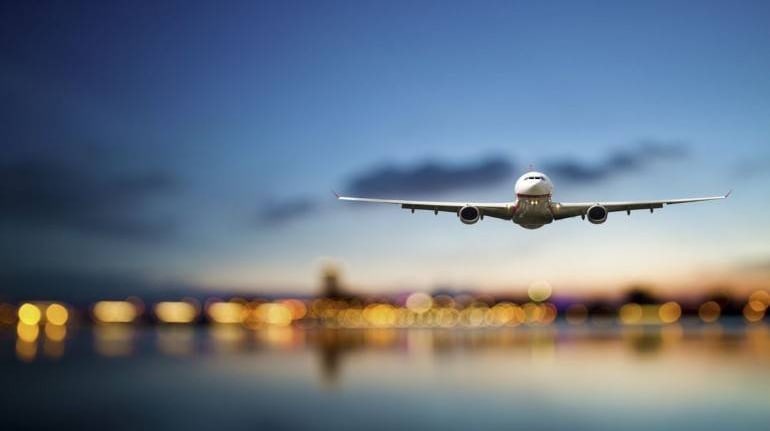



As part of India's “reciprocal” action against the UK's new international COVID-19 travel rules, effective from October 4, authorities sent 162 out of 539 people who arrived from the country to mandatory home quarantine.
These people were sent to mandatory home quarantine after making them sign affidavits, reported Hindustan Times. “These passengers are made to sign an affidavit at the airport which also asks them to mention their place of stay for the next 10 days,” a government official told the publication.
The UK angered India by not recognising fully vaccinated Indian travellers as part of the new rules announced last month, despite India-made Covishield among its listed globally eligible vaccine formulations. India, in retaliation, imposed its reciprocal measures on all British travellers irrespective of vaccination status requiring the same level of PCR tests and 10-day quarantine at the declared destination.
“We are strictly following the guidelines issued by the Central government according to which only UK nationals are being subjected to mandatory home quarantine,” according to a senior revenue official deputed at the airport for handling UK passengers.
Among 539 passengers from the UK, 162 were marked for mandatory home quarantine for 10 days, the official said, adding that the remaining passengers, who are non-UK nationals, will not be put under surveillance.
Also read | UK profiles India: England must stop nit-picking, focus on boosting economic tiesAccording to the report, all the passengers from the flights that arrived on the day tested negative for COVID-19 during the mandatory RT-PCR test at the airport.
“Once they are done with the RT-PCR test at the airport and the result is negative, the affidavit having the addresses, contact numbers of these passengers are sent to the respective district magistrates so that they can initiate COVID-19 surveillance on them,” said the report citing the official.
These passengers will have to go through the COVID-19 test at their own cost on the eighth day of the 10-day quarantines, the report said.
“By the time the result of the RT-PCR test comes, it will be the 10th day of home quarantine since their arrival in India,” the official was quoted as saying.
Discover the latest Business News, Sensex, and Nifty updates. Obtain Personal Finance insights, tax queries, and expert opinions on Moneycontrol or download the Moneycontrol App to stay updated!
Find the best of Al News in one place, specially curated for you every weekend.
Stay on top of the latest tech trends and biggest startup news.